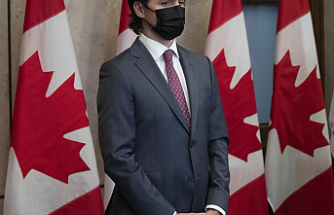Caption
Close
AUSTIN, Texas (AP) — An attorney for a voting rights group said Monday that President Donald Trump's administration said that the federal government no longer plans to challenge Texas' strict voter ID law.
Danielle Lang, of the Washington-based Campaign Legal Center, said the Justice Department informed plaintiffs in the case that it will be filing documents to formally drop its opposition to the Texas law. She called the decision an "extraordinary disappointment."
"It's a complete 360," said Lang, the center's deputy director of voting rights. "We can't make heads or tails of any factual reason for the change. There has been no new evidence that's come to light."
The move marks a stark reversal under new Attorney General Jeff Sessions from the Obama White House, which joined a lawsuit against Texas in 2013. The Justice Department didn't immediately respond to an email seeking comment.
A federal appeals court last year ruled that the Texas law discriminated against minorities and the poor, and it ordered changes ahead of the November election.
According to a lawyer for a Mexican national sentenced to eight years in prison for voter fraud in Texas, President Donald Trump's widely debunked claims of election rigging was "the 800-pound gorilla" in the jury box. This week, 37 year old Rosa Maria Ortega, was convicted in Fort Worth on two felony counts of illegal voting over allegations that she improperly cast a ballot five times between 2005 and 2014.
The Justice Department joined Texas Attorney General Ken Paxton last week in seeking a delay in the case until summer. U.S. District Judge Nelva Gonzales Ramos, who is presiding over the case, turned down the request.
The Texas law requires voters to show one of seven approved forms of identification to cast a ballot. It was softened in August to allow people without a driver's license or other photo ID to sign an affidavit declaring that they have an impediment to obtaining required identification.
Our editors found this article on this site using Google and regenerated it for our readers.









